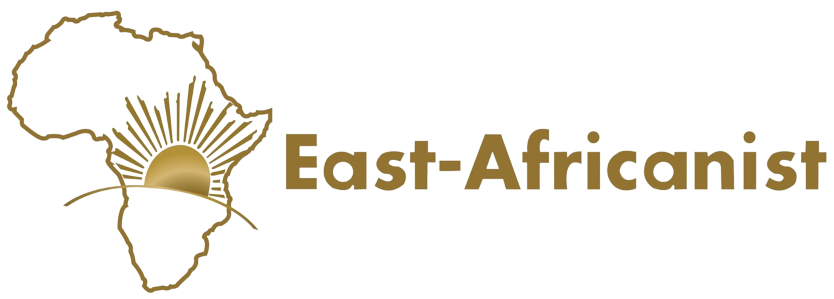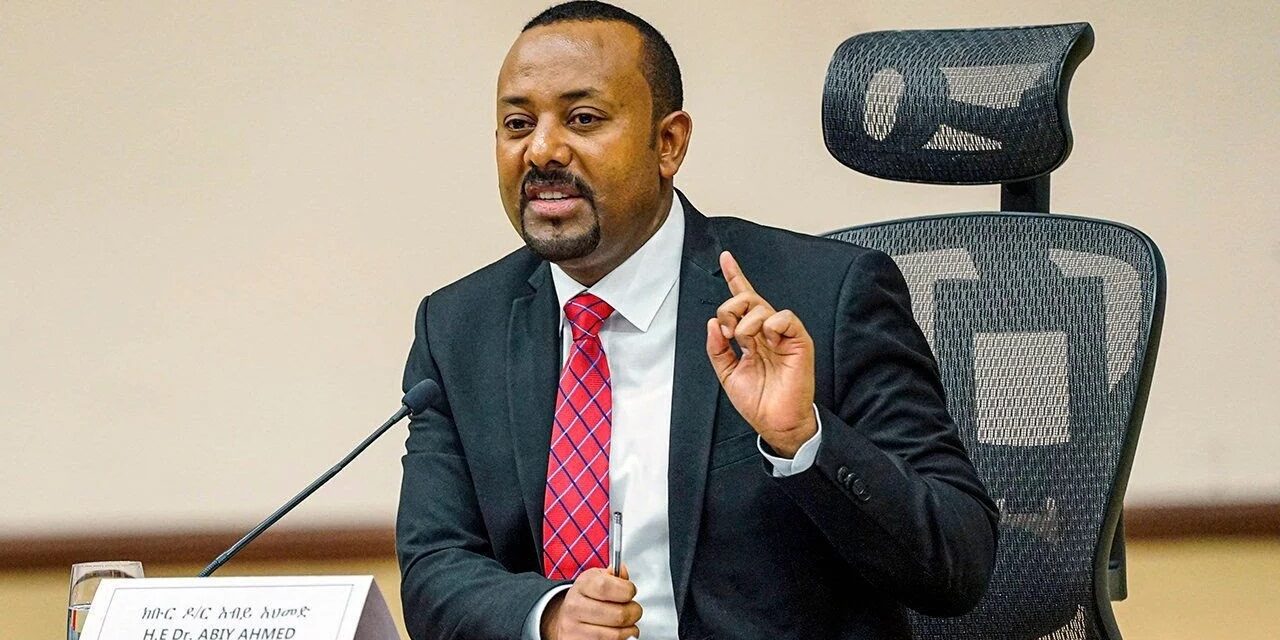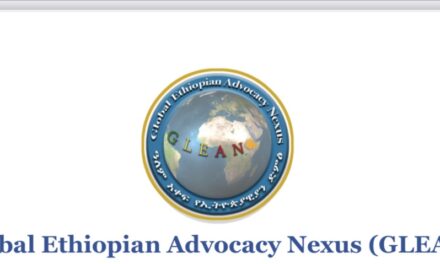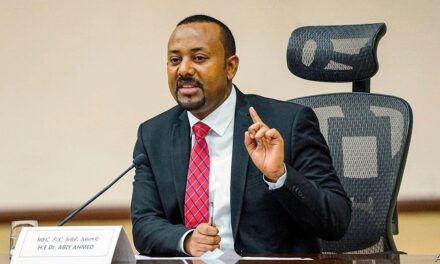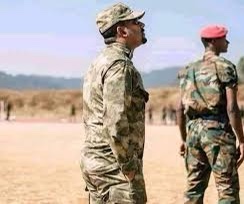By: Kebere Assefa
We find ourselves in troubling times. We have been stripped of settled expectations that all who reside in normally functioning communities are modestly endowed with. Once upon a time, we too had it; but now seem to have lost it. We cannot be confident as to what will happen to our beloved country in the very near future let alone in a distant one. The secession of Eritrea was traumatic, but the disturbing events going on in various parts of the country, unless addressed satisfactorily and promptly, can easily spiral out of control and lead to a doomsday scenario that is haunting and will make the secession of Eritrea seem pale.
It is common achievements, ongoing joint ventures and common aspirations that hold people together and transform them from strangers to fellow citizens. Following the ascendancy to power of the TPLF-led EPRDF, all these values that for long had served us as a glue have come under attack. Now, it not uncommon for sub-groups to claim “sole proprietorship” over our common achievements and our ongoing joint ventures.
The problem is structural. It has its genesis in the ethno-centric policy that the EPRDF imposed on the country, and the major reorganization of the country’s administrative regions that it undertook even prior to the promulgation of the Constitution. The newly carved administrative regions, by and large, followed ethnic lines though several anomalies abound. The Federal Constitution that followed presented these hastily drawn regions as if they had “independent existence” and that have now come together to form the federation. What a fiction concocted to serve very narrow interests rather the general good. The commonality that had existed among the country’s various linguistic and cultural groups over years of common existence, and the intricate interdependence that had developed across various factors not only ethnicity was simply glossed over. Those who came to power had the audacity to redraw the regions as if an architect builds a structure on some terra nullius with no constraining factors from its surrounding.
The Constitution was designed to give credence and legitimacy to this ill-conceived experiment. Ethnic identity permeated all aspects of life thus negatively impacting democratic politics. Identity politics is anathema to experimentation, negotiations, and give and takes which are the hallmarks of democratic politics. There lies the folly of basing a country’s affairs on identity politics. It is with good reason that most nations do not allow the formation and operation of political groups on such immutable characteristics that follow one from cradle to death. EPRDF’s experiment borne of both ignorance and arrogance has now placed the nation on a dangerously course. How are we to get out of this? There is no easy fix. A reexamination of the Constitution and our constitutional culture is in order. Here are some of the many outstanding problems that a reading of the constitution reveals:
- The structure of the constitution beginning from the preamble is one built on rediscovering, reasserting, and reinforcing our DIFFERENCES rather than our COMMONALITY. Admittedly, the constitution ought to consider the presence of diversity. Yet the claim here that it ought not be at the expense of the national identity and common political community that the diverse sub-groups need to build and foster. The Constitution is the source of all laws and defines the basic structure of the political community. The Constitution needs to bring people together in a sustainable political community, co-participating in common projects. This is what constitutes a “People” and transforms strangers into citizens, outsiders into insiders.
-The current constitution departs from this very idea of “a people”. Almost all democratic constitutions start with the words “We the People”. Thus, they acknowledge that sovereignty resides with the people. The people are both the originators and addresses. In marked contrast to the above, the Ethiopian constitution starts with “We the nations, nationalities and peoples”. Here,” we the people” are secondary and derivative. The Ethiopian Constitution is only one of the two constitutions in the world that is framed in such a manner. The other constitution that is framed in similar fashion is the Constitution of Bosnia & Herzegovina and Serbia. And this we know what kind of a country it is, and how it came into being. Many have commented that the current arrangement that followed the Dayton Agreement has solidified the differences among the various communities and has placed the country in a precarious situation and are suggesting an overhaul. Ours is no different.
Coming back to the Ethiopian Constitution, curiously enough, the only place where we find “we the people” is in regional constitutions. More surprisingly, here it is used to discriminate and exclude, and not to unite and treat alike. Take, for instance, the constitution of Oromia that states “We the Oromo People” and what is its implication to the millions of non-Oromos residing in the region. The regional constitutions of several other states are framed similarly and have the negative effect of creating outsiders out of residents.
The other place that we find the usage of “peoples” is in the charters of the United Nations and that of the EU. These, of course, are entities formed by independent states. In this regard the Ethiopian constitution is akin to these charters rather than the constitution of a republic. It does not create a nation of citizens, but rather a nation of nationalities. This was indeed the title that one constitutional scholar, close to the EPRDF regime, used as a title for the book he wrote on the subject. This was indeed a bad start and need to be revisited.
B) A second toxic scheme put in place even prior to the promulgation of the constitution is its reorganization of the country’s administrative regions purportedly following ethnic make-up in complete disregard of other factors and the wishes of the inhabitants. Most nations are multi-ethnic and multi-lingual. Yet, states have not lumped the speakers of one language or those who belong to the same ethnicity into one administrative region. Nor have they employed language or ethnicity as the sole criterion in demarcating their sub-units. They take size, compactness, history, economic viability, geography among others. Hence, we see for instance in Nigeria and Switzerland, speakers of the same language in different sub-units or cantons.
As if ethnically carved regions were not enough of a challenge, the Ethiopian experiment by gracing secession as a constitutionally recognized right renders what is already a toxic arrangement lethal. The constitutional right to secession lurks behind every border conflict and exposes the nation to unnecessary blackmailing. Secession may be justified as a moral right under certain situations, but to grace it with constitutional recognition creates more problems than solutions. Even in the absence of a constitutional right to secede, a negotiated settlement is always available. Hence, why put society under great stress by injecting a constitutional right to secession? The Ethiopian Constitution provides for two avenues of amending the constitution. The amendment of certain parts of the constitution require 2/3 approval of the federal parliament and the regional councils. Certain provisions, however, require unanimity. The right to secession is, once again, curiously located in the chapter that requires UNANIMOUS consent for amendment.
C) A second prevalent problem is the existence and expansion of special regional armed forces that dare to challenge the federal military. In almost all federations, sub-units can maintain a police force entrusted with maintaining peace and order which is required for normal civilian life to take place. Their training and equipment are thus limited to the fulfilling of such tasks. The show of force paraded by the TPLF on the eve of its assault on federal forces was not one that can truly be characterized as a police force. The same could be said about other regions too. The existence of such forces is becoming a menace to peace and security rather than its guarantor. Furthermore, it is an obvious squandering of meager resources that could have productively been used in other sectors.
D) A third recurring and outstanding problem that we need to resolve is our language policy. It is well-known that scores of languages are spoken in the country. Some have speakers in the tens of millions while others in the thousands, and many in between. In the face of such diversity and disparity in size, what should our policy be? It is obvious that to have a shared understanding among peoples, and a sustainable community we need to have a national language or languages that is required across the land. Otherwise, the various linguistic groups will be strangers to one another. Here a pertinent question that follows is how many languages do we need to adopt, and if so which languages? What shall be our criteria? We have at times heard over the media news from government quarters haphazardly floating the names of five languages such as Amharic, Afan Oromo, Tigrinya, Somali and Afar. Pure politics set aside, the conclusion we reach should consider very many factors including the size of the speakers, and the nation’s resources. What developed country have we seen running its affairs in five different languages let alone one of the least developed countries like Ethiopia? This is to say that we should not put too much impractical demand and stress on a nation that we do not put in practice in our personal lives. Knowing our limited resources, we all set our priorities putting aside certain of our aspirations for the future. We shall do likewise in national matters as well lest the nation succumbs under stress.
Going back to the language policy, Amharic has so far served as the language of government and will very likely continue to do so given its history and the size of the population that speaks It. If we are to adopt a second language, Afan Oromo is the obvious candidate as the result of the size of its speakers. Given the country’s resources others may follow. In this regard I candidly feel that the adoption “Qubee” as the script for Afan Oromo is one that was hastily decided on by leaders of the OLF during the Transitional Government without serious debates among scholars in the discipline. I am aware of some of the reasons cited by some for the adoption of the Latin rather than the Geez alphabet such as the difficulty of expressing vowel length and stress using the geez alphabet. I sincerely feel that these were not insurmountable problems and could have been addressed by introducing some changes in the geez script. My take is that the uniting utility of using the same script was not sufficiently considered. At any rate, this and similar concerns are factors that we need to soberly debate on and resolve as a people. Admittedly, language is an important cultural software that helps sustain one’s culture. The above is as concerns the adoption of national languages and not the use and promotion of one’s own language in one’s cultural environment. This should always be available and be endorsed.
E) On the economic plane, an issue that needs serious reflection is our land policy. Given agriculture’s large share in the economy, adopting the right policy is critical. Under the current policy, the government has undue power over possession and use of land. Those who are well-connected have transformed themselves into overnight millionaires while others have been evicted from their possessions without any due process, under the guise that the concerned land is needed for development.
Furthermore, even though most of the population is engaged in agriculture, to date, the country has not been able to be food sufficient. Millions of our compatriots are dependent on international food assistance year in year out with its negative implication on our sovereignty that we are rudely witnessing currently. Hence, no position shall be off limits in the exploration to find the right policy. A robust, informed debate is in order. Some argue for the reintroduction of the private ownership of land. Others question the advisability of having only one type of land regime given the country’s diverse ecology, history, agricultural practices, and settlement patterns. How did other countries manage their problem? Here, the experience of China shall be one amongst those to be closely examined. These and similar issues warrant serious debate amongst us. Questions raised no position taken!
F) Finally, many other issues need to be explored in reexamining the constitution. These include the adoption of judicial review by independent judges in place of the current legislative review by the House of Federation which is prone to political interests; whether we need to adopt the presidential form of government in place of the parliamentary one; whether we need to change the current electoral system and adopt proportional representation or a combination of both etc.
All the above now seem to be relegated to the post-election period. Currently the country is under great stress and in distress as the result of pressure from outside actors working hand in gloves with their counterparts from inside. They all seem to be determined and have unleashed all their resources from their military hardware to social media to render the forthcoming election a fiasco. The situation has some similarity with the one we had experienced following the Ethiopian Revolution in the 1970’s. This unholy alliance ought to be defeated at all costs. Hence, all efforts ought to be exerted to achieve the same. It is only once this is achieved that one will have the “luxury” to deal with the issues briefly described above in a robust and informed manner that it deserves.
Let the Election be a Success! We shall overcome!
